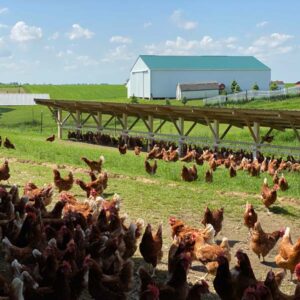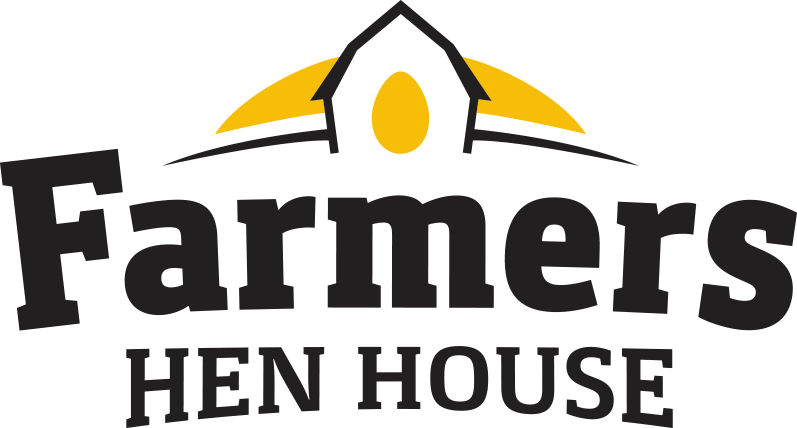

Why would we pit two of our best products against each other? We’re not, necessarily.
However, in a day and age when transparency is almost a currency, we want to give you an insight into
the differences in pasture-raised eggs and free-range eggs that set them a part.
Price
You’ll notice on the shelf that there is a disparity in price between pasture-raised and free-range eggs. It will typically be around $1.00, depending upon the retailer.
This breaks down to about an extra $.08 per egg. For most people, a carton of eggs will likely last about a week. That means for the year, pasture-raised eggs will cost you approximately $50 more. Is it worth it? That’s for you to decide.
Space
The main difference between pasture-raised and free-range eggs is the minimum outdoor space provided to the hens. For pasture-raised eggs, each hen gets a minimum of 108 square feet of pasture for themselves.

Whereas with free-range eggs, the hens only receive a minimum of 2 square feet of pasture for themselves. That’s a big difference in space! However, for Farmers Hen House, our free-range eggs come from hens that are typically provided around 15 square feet of space. A lot more than 2 square feet, but still a long way off from 108 square feet.
A question that might arise is, does 108 square feet make a big difference on the eggs that the hens produce versus 2 square feet? It’s hard to say.
By nature, chickens are very communal animals, so typically they congregate no matter how much space they have.
But with more space to explore there’s always a better chance that each hen may be able to diversify their diet with bugs and plants. In that sense, more outdoor space could make a difference.
Yolk Color
A difference between pasture-raised eggs and free-range eggs that tends to get a lot of attention are the differences in yolk color.

It’s believed that pasture-raised eggs tend to have darker, richer yolks due to the excess space provided them, which allows for them to diversify their diets with things like bugs and plants, which then contribute to a darker colored, richer textured yolk. This may very well be the case, however, free-range eggs also have dark yolks even with a lesser space provided than pasture-raised eggs, in part because of their diets, but also it’s important to note that the breed of the hen makes a significant impact on an egg’s yolk color. Furthermore, adding supplements to the hens’s feed can also contribute to producing darker and richer egg yolks. So when it comes to egg yolk color and texture, there are multiple contributing factors, but one thing is for sure, outdoor space certainly doesn’t hurt!
While there are some differences between pasture-raised and free-range eggs, particularly in price and the amount of outdoor space provided, the reality is that it’s hard to go wrong with either products because they’re both providing ample outdoor space to the hens, they’re both Certified Humane, and both products are much better and healthier than hens who live in cages and produce cheap white eggs.
Some things are worth paying more for. Pasture-raised and free-range eggs are two of those things!

